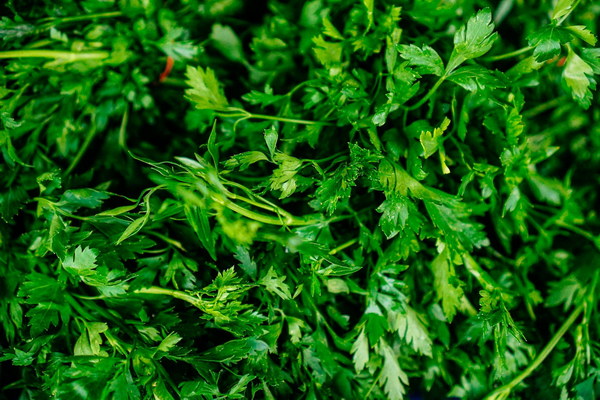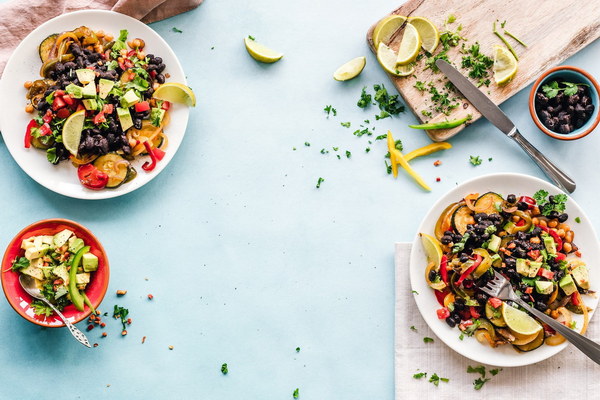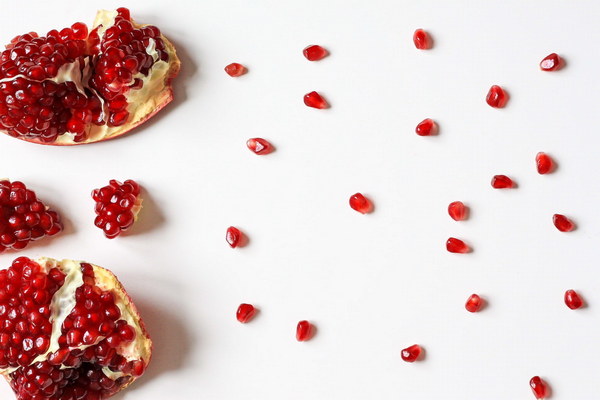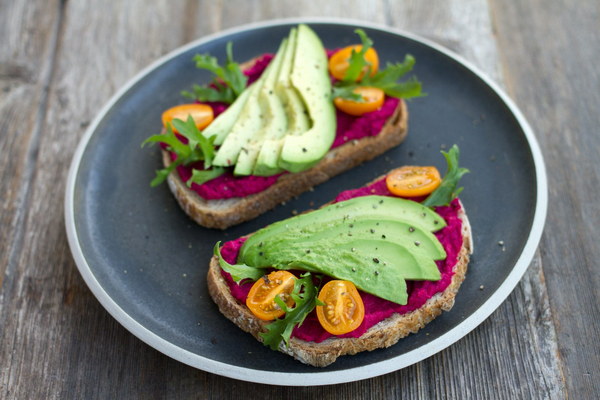Nourishing Your Stomach A Guide to GastricHealthy Eating
In the hustle and bustle of modern life, it's easy to overlook the importance of maintaining a healthy stomach. A robust digestive system is the cornerstone of overall well-being, and what we put into our bodies plays a significant role in its health. Here's a comprehensive guide to nourishing your stomach through the right kind of eating.
Understanding the Stomach's Needs
The stomach is a complex organ responsible for breaking down food and absorbing nutrients. To keep it functioning optimally, it requires a balanced diet that is easy on the digestive system. Here are some key principles to consider when planning your meals:
1. Choose Whole Foods: Whole grains, fruits, vegetables, and lean proteins are the building blocks of a stomach-friendly diet. These foods are rich in fiber, vitamins, and minerals, which help to keep the digestive tract healthy and prevent constipation or diarrhea.
2. Moderate Portions: Overeating can strain the stomach and lead to discomfort. It's important to eat in moderation, listening to your body's hunger and fullness cues.
3. Stay Hydrated: Water is essential for digestion. It helps to break down food and keeps the digestive system moving smoothly. Aim to drink at least eight glasses of water a day.
4. Limit Fatty Foods: Fatty foods can slow down digestion and cause discomfort. Opt for healthier fats, such as those found in avocados, nuts, and olive oil, rather than saturated and trans fats.
5. Avoid Processed Foods: Processed foods are often high in salt, sugar, and unhealthy fats, which can irritate the stomach lining and disrupt digestion.
The Best Foods for Nourishing Your Stomach
Now that we have a basic understanding of what to avoid, let's explore some of the best foods for nourishing your stomach:
- Bananas: Rich in potassium and easily digestible, bananas can help to soothe an upset stomach and regulate bowel movements.
- Chicken Soup: A warm bowl of chicken soup can be a comforting and healing food for an ailing stomach. It's easy on the digestive system and can help to restore fluids.
- Green Tea: This herbal tea is known for its anti-inflammatory properties and can aid in digestion. It's also rich in antioxidants that protect the stomach lining.
- Probiotics: Foods like yogurt, kefir, and sauerkraut contain beneficial bacteria that help maintain a healthy gut flora. These probiotics can improve digestion and strengthen the immune system.
- Pumpkin: This orange squash is packed with fiber and vitamins, making it an excellent food for digestive health. It's also gentle on the stomach.
- Oatmeal: Oatmeal is a whole grain that is rich in beta-glucans, a type of fiber that can help to regulate bowel movements and reduce cholesterol levels.
Meal Planning Tips
To ensure you're consistently nourishing your stomach, consider these meal planning tips:

- Include a Variety of Foods: Aim to have a diverse diet that includes a range of fruits, vegetables, whole grains, lean proteins, and healthy fats.
- Prepare Meals at Home: Cooking your own meals allows you to control the ingredients and portion sizes, reducing the risk of consuming unhealthy foods.
- Listen to Your Body: Pay attention to how different foods make you feel. If something doesn't sit well, try to identify the trigger and adjust your diet accordingly.
- Plan for Snacks: Have healthy snacks on hand to avoid reaching for unhealthy options when hunger strikes.
By following these guidelines and incorporating the right foods into your diet, you can help keep your stomach happy and healthy. Remember, a well-nourished stomach is a foundation for good health and vitality.









